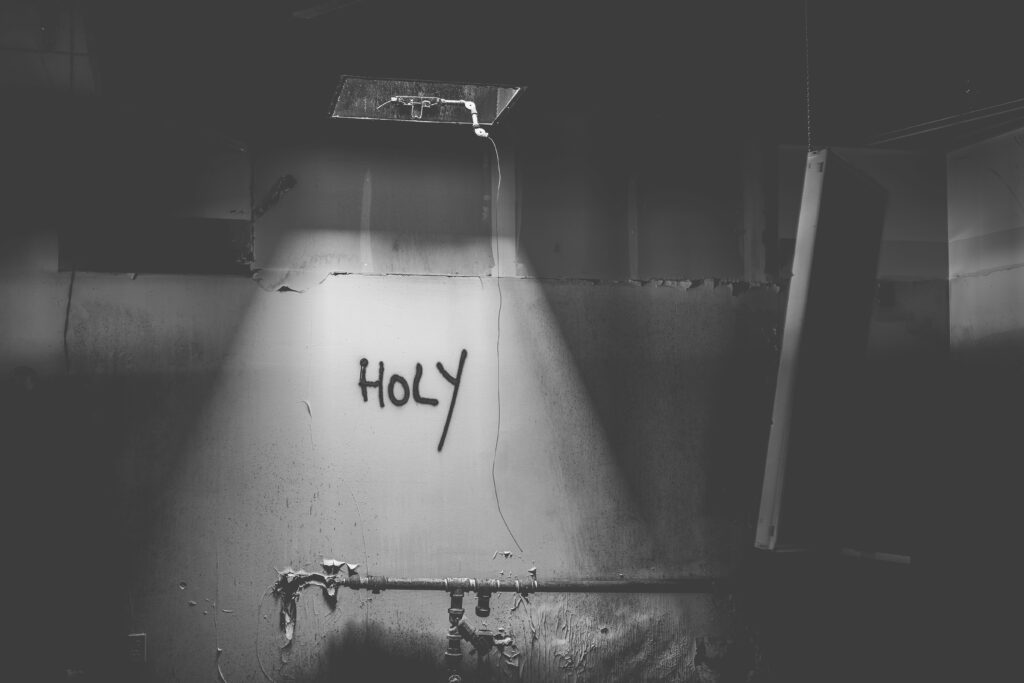Loving God With An Undivided Heart by Maxie Dunnam

In the questions Jesus was often asked, two stand out. A young man of great wealth asked him, “Teacher, what good thing must I do to get eternal life?” (Matthew 19:16). In another setting an expert of the law questioned, “Teacher, which one was the greatest commandment in the Law?”
The first question, often phrased “What must I do to be saved?” has to do with how we get into the life Christ offers us. Justification is the heart of the answer. The second has to do with sanctification, living the life we have been saved to live.
The Greatest Commandment: Love God with All Your Heart
It is difficult to believe the person who inquired about the “greatest commandment” was sincere. The answer would have been “Love the Lord your God with all your heart and with all your soul and with all your strength.” (Deuteronomy 6:4-5) It is the first Scripture that every Jewish child commits to memory. Worship for Jews begins with this affirmation. It is the phrase that the devout Jew wore on a leather bracelet when he went to prayers. When Jesus quoted this phrase as the greatest commandment, the Jews were nodding their heads in agreement. They knew these words meant that we must give our total love to God.
The burden of Scripture is that the God we are called to love with all our heart, mind, soul, and strength loves us to the point of sacrificing his Son for us. There is a God, and he is a loving God.
Jesus’s answer expresses the nutshell of his teaching. Wesley had only words, but he used them as best he could. He talked about loving God with an undivided heart and loving our neighbor as we love ourselves.
Though Jesus named love of God and love of neighbor as two commandments, there is no division of the two. Love of God is necessarily named first because we can’t truly love God without loving our neighbor. The ongoing dynamic of our faith expression is keeping the two together.
Inward and Outward Holiness
Wesley spoke of “inward holiness,” that is, love of God and the assurance of God’s love of us. And he spoke of “outward holiness,” that is, love of neighbor and deeds of kindness. But never was it personal alone. In his extravagant way of saying things, Wesley made clear the unity of faith and action: “Christianity is essentially a social religion; and that to turn it into a solitary one is to destroy it.”
Though we must stay keenly aware of the connection between holiness and social justice, we do not equate the two. What Wesley meant by social holiness was that we can’t grow in holiness apart from community. That’s the reason the class meeting and accountability was so important; other people are essential for our growing in holiness.
However, we must also be just as clear, holiness and becoming Christlike entail concern about social injustice and the systems and structures that threaten human life and community. Dag Hammarskjöld echoed this when he said, “The road to holiness necessarily passes through the world of action.”11
The Challenge of Holiness in Today’s World
We need a recovery of holiness, for holiness, by its very nature, is an enemy of the relativism that is the operative dynamic of our culture. Francis Schaeffer has spoken a challenging word on his point: “If our reflex action is always accommodation regardless of the centrality of the truth involved, then something is profoundly wrong… Just as what we may call holiness without love is not God’s kind of holiness, so also what we call love without holiness…is not God’s kind of love.”
Subscribe
Get articles about mission, evangelism, leadership, discipleship and prayer delivered directly to your inbox – for free



